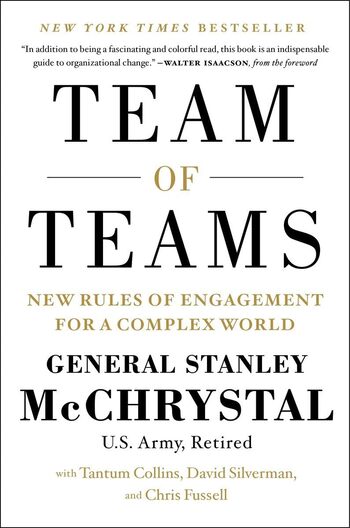
Chimamanda Ngozi Adichie explores the cultural and societal challenges of gender inequality, urging for a reevaluation of how we raise both boys and girls, advocating for gender equality.
Main Lessons
- Gender expectations limit both men and women, prescribing roles rather than recognizing individual abilities.
- Socialization exaggerates biological differences, becoming a self-fulfilling cycle.
- True equality involves redefining power dynamics and cultural norms around gender.
- Raising children without traditional gender expectations can lead to a more balanced society.
- Creativity, intelligence, and innovation should be valued over historical physical strength in leadership.
- Culturally instilled shame in girls hampers their ability to express desires and opinions.
- The responsibility of domestic work should be shared equally to reflect true partnership in relationships.
- The language of relationships often implies ownership rather than equality and partnership.
- Both men and women should aspire to success equally without the pressure of gender-based societal expectations.
- A fairer world involves recognizing and addressing the inherent biases in gender socialization.
- Raising sons to embrace vulnerability and intimacy can enhance their emotional well-being.
- Feminism is about advocating for the social, political, and economic equality of the sexes.
- Challenging traditional gender roles can lead to a more authentic and fulfilled life experience.
- Culture is shaped by people, and it’s essential to redefine it to include the full humanity of women.
- Acknowledging the everyday biases women face can lead to greater collective awareness and change.








